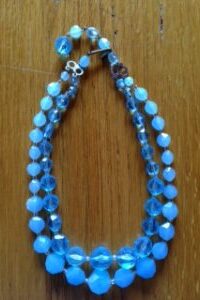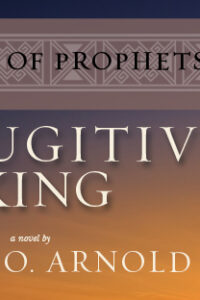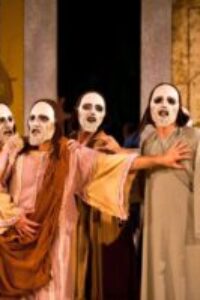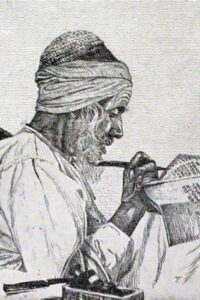I pondered so many character questions as I set out to write Lion of Judah. The main character of David was king of Israel. Might he have ever experienced a crisis of confidence before assuming the throne? That was one of the numerous character conditions I allowed to simmer in my imagination. While David knows he walks the path of Yahweh’s calling, could he still experience doubts and fear? If so, who does he turn to for encouragement?
Few of us are ever going to assume a throne (Barcaloungers in your media room do not qualify). But we all struggle with doubt and fear and feel levels of anxiety. Who do you turn to when you are unsure of the present or future course of your life? When has it been difficult for you to make a decision to take a risk or move out in faith?
Friendship is a key component in Lion of Judah. In our modern world it can be difficult to establish close relationships. In the biblical record David does not seem to have close ties with his blood family, which was unusual given the clannish familial nature of that ancient culture. He does have a close bond with King Saul’s firstborn son, Jonathan, and a circle of friends he calls his “mighty men.” What does a bond of friendship mean today? What forms does the commitment take? How does it shape and impact one’s life?
Then there were the marriages. Back in the time of Lion of Judah, marriages were arranged between families. The modern experience of “falling in love” was not the norm. But then along comes Mikal, King Saul’s second daughter. The biblical wording states that Mikal was “in love” with David. The text indicates that David was at least infatuated with Mikal. But the road for this married couple was not smooth.
There were many conflicts that eventually caused their separation. While the historical context of the circumstances for David and Mikal are unique to them, we all experience difficulties and conflicts that begin on the playground and continue throughout our lives.
In this fifth and final novel of The Song of Prophets and Kings series, I have taken ancient stories and offered a glimpse into our own modern story. I believe the biblical past illuminates our present day. I believe we can read the stories of David and Mikal (marriages), Bathsheba and Solomon (mothers and sons), Nathan and Gad (dear friends), and Absalom and Tamar (siblings), as our own story. These stories, indeed, all biblical stories, are our stories. This has been my greatest reward as I conclude this series.





